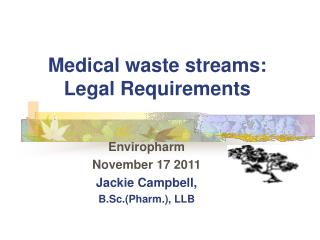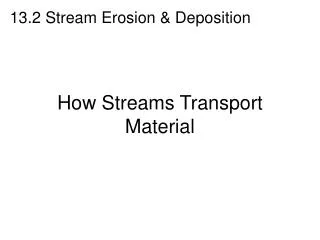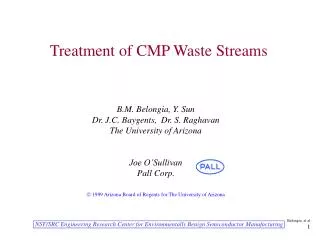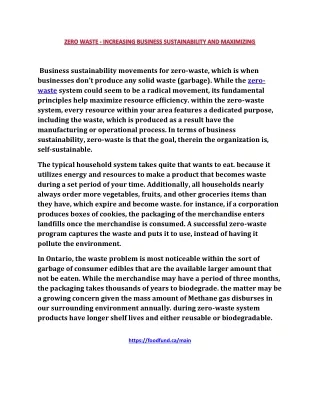Maximizing Efficiency_ How Walair's Density Air Separators Revolutionize Waste Streams
0 likes | 11 Views
In the quest for sustainable waste management, efficiency is paramount. Walair's Density Air Separators have emerged as game-changers, revolutionizing the way we handle waste streams. These innovative separators represent a significant leap forward, maximizing efficiency and minimizing environmental impact.
Download Presentation 

Maximizing Efficiency_ How Walair's Density Air Separators Revolutionize Waste Streams
An Image/Link below is provided (as is) to download presentation
Download Policy: Content on the Website is provided to you AS IS for your information and personal use and may not be sold / licensed / shared on other websites without getting consent from its author.
Content is provided to you AS IS for your information and personal use only.
Download presentation by click this link.
While downloading, if for some reason you are not able to download a presentation, the publisher may have deleted the file from their server.
During download, if you can't get a presentation, the file might be deleted by the publisher.
E N D
Presentation Transcript
More Related






















